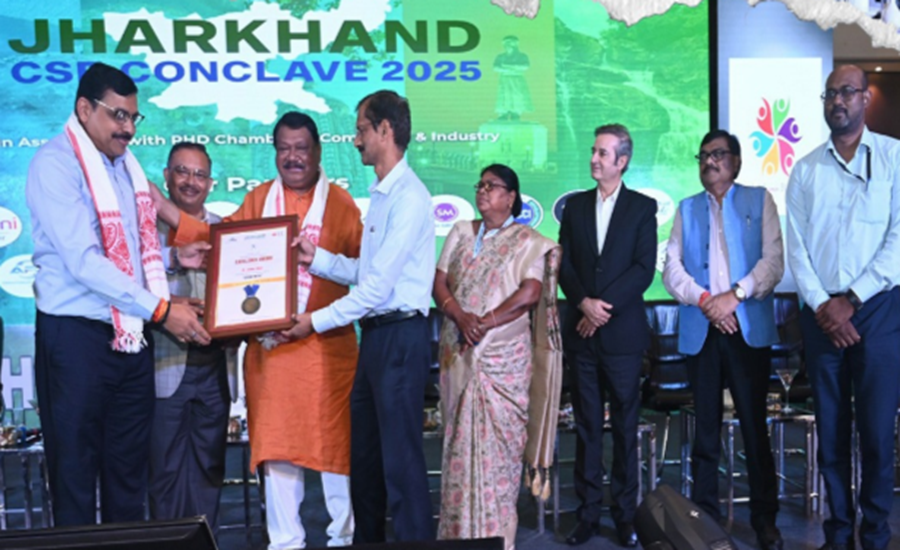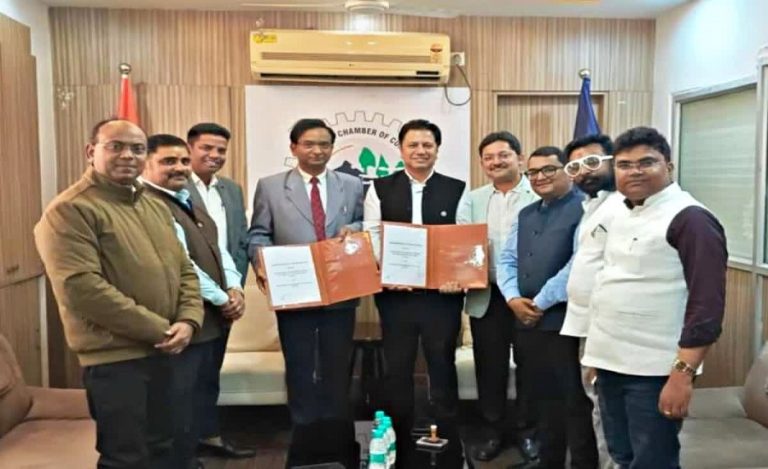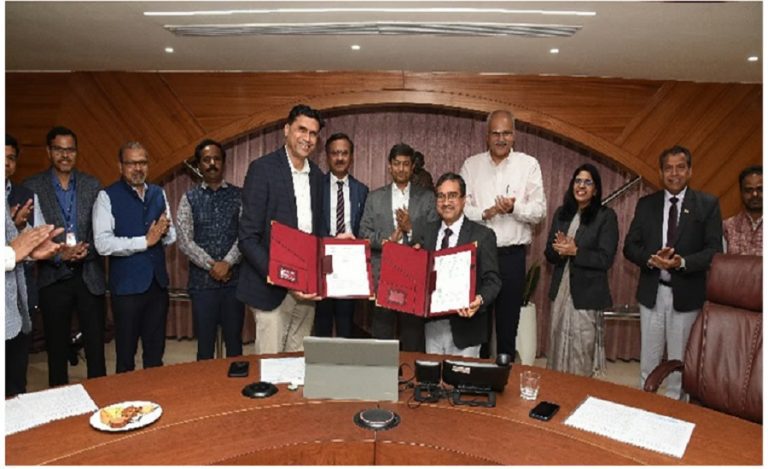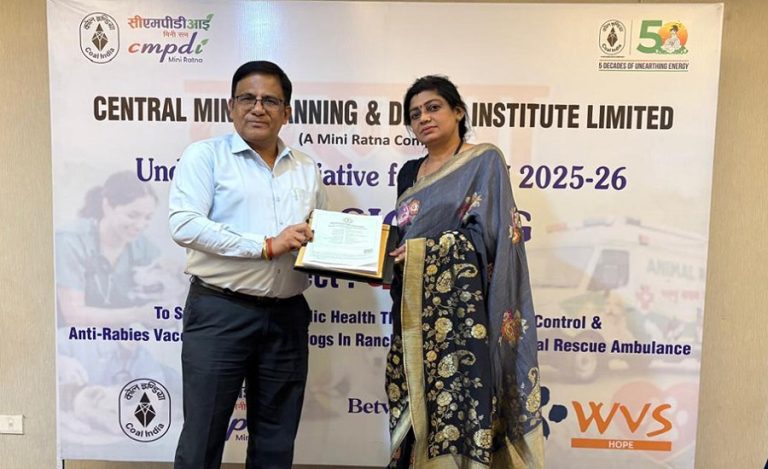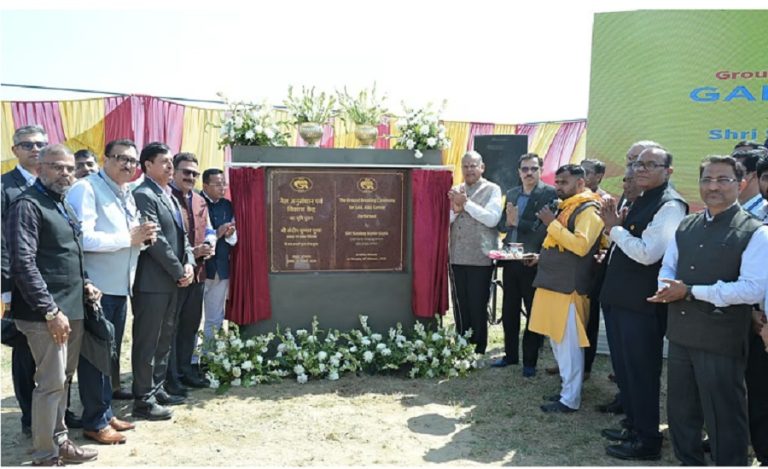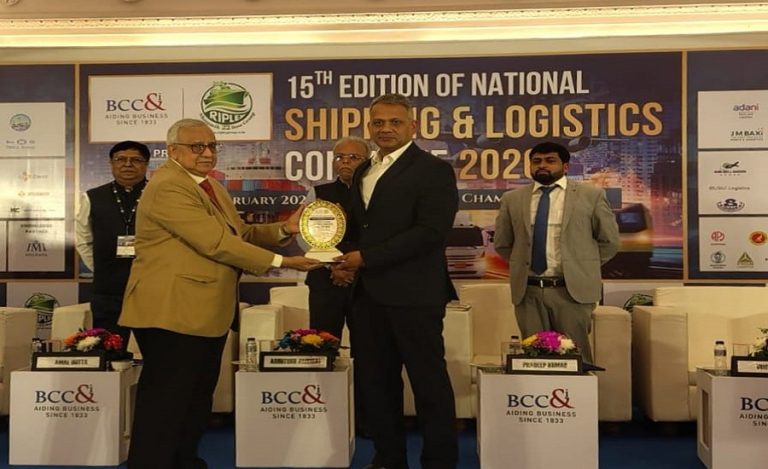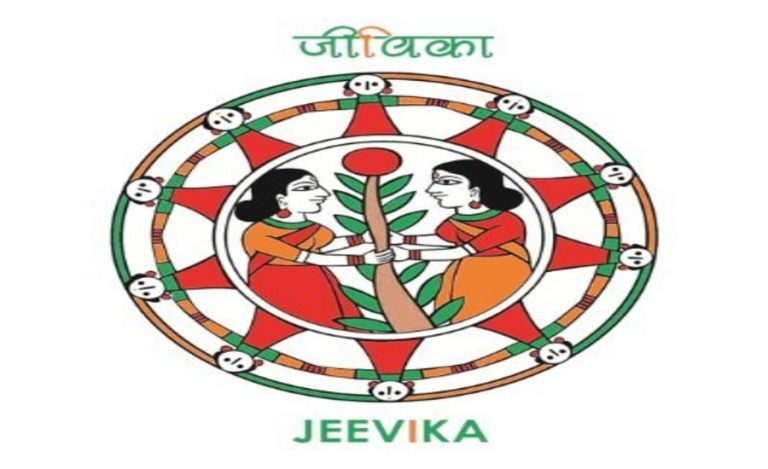The two-day Jharkhand CSR Conclave concluded on Saturday with a strong message to corporates: ensure that corporate social responsibility (CSR) spending directly benefits local communities. The event, hosted by Mission Blue Foundation, Ideate Inspire Ignite (13) Foundation, and PHD Chamber of Commerce, witnessed participation from over 500 representatives of corporates, NGOs, and academic institutions.
Former Union minister and BJP MP Mr. Faggan Singh Kulaste stressed that CSR projects must start with local consultations. “Corporates should first engage with community members before investing CSR funds. Only then can projects be visible, impactful, and sustainable,” he said. Highlighting Jharkhand’s persistent challenge of displacement, Mr. Kulaste urged corporates to channel CSR for rehabilitation and inclusive growth.
Focus on environment, wildlife, and sustainability
Indian Forest Service (IFS) officer Mr. Ravi Ranjan emphasized that CSR can play a transformative role in sectors where government intervention is limited. “CSR funds can make a decisive difference in wildlife, environment, climate change, and biodiversity,” he said, underscoring the need for closer collaboration between corporates, civil society, and the state.
Culture, cinema, and youth engagement through CSR
Adding a cultural dimension, actor Mr. Rajesh Jais highlighted how CSR can uplift creative youth. “Many youngsters have talent but lack resources. Supporting them through cinema and documentaries under CSR can showcase untold stories while serving society,” he noted.
Roadmap for priority areas in Jharkhand
The conclave identified education, healthcare, agriculture, women empowerment, art, and culture as key priority areas for CSR spending in the state. Speakers also urged corporates to back initiatives in rural digital literacy, tribal entrepreneurship, renewable energy adoption, and water conservation.
CSR Conclave Chairman Mr. Pankaj Soni remarked, “The gaps have been identified. The real challenge now lies in delivery and execution of CSR projects.”
The conclave concluded with a collective call to action, urging corporates to adopt a bottom-up, participatory model of CSR that not only bridges developmental gaps but also empowers Jharkhand’s local communities.

